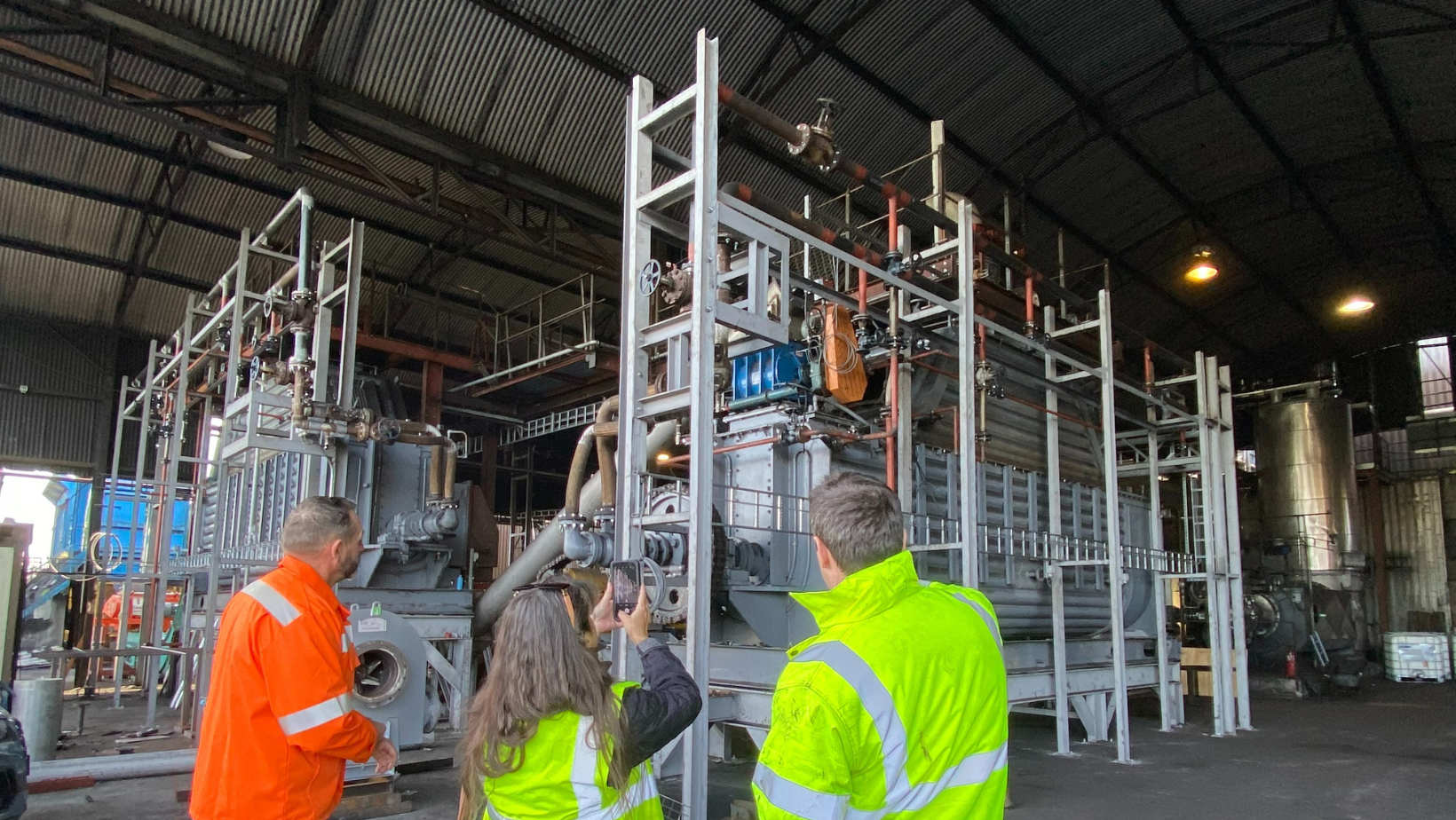In the ongoing pursuit of sustainable alternatives to fossil fuels, biochar has emerged as a promising contender. This unassuming substance, often referred to as “black gold,” possesses the potential to revolutionise our energy landscape while simultaneously addressing environmental concerns. Derived from organic matter and agricultural byproducts, biochar offers a host of benefits that position it as a viable replacement for fossil fuels. Let’s delve into the captivating world of biochar and explore its multifaceted advantages.
1. Carbon Sequestration
At the heart of biochar’s allure lies its exceptional ability to lock away carbon dioxide (CO2) for extended periods. Biochar provides a means to capture carbon and store it in the soil, as opposed to releasing carbon into the atmosphere. This not only reduces atmospheric carbon dioxide levels but also enhances soil health and fertility. The use of biochar in agriculture and as a fossil fuel replacement can lead to a significant reduction in overall carbon emissions.
2. Improved Soil Health and Agricultural Productivity
Biochar is an asset for soil fertility. When incorporated into agricultural fields, it enhances the soil’s water-holding capacity, nutrient retention, and microbial activity. These improvements translate into higher crop yields and reduced reliance on synthetic (carbon-intensive) fertilisers. Additionally, biochar-amended soils are more resilient to droughts and have a longer-lasting impact on plant growth, making them an invaluable asset in ensuring food security.
3. Renewable Energy Generation
Biochar’s potential extends beyond soil enrichment. During its production process, pyrolysis generates heat and bio-oil as byproducts, both of which can be harnessed for energy production. But biochar itself can also be used for energy; this is the basis of our biomass product ‘Harvest Flame’ ™. Biochar-derived energy is renewable, carbon-neutral and aligns with a low-carbon energy transition.
4. Waste Management and Resource Utilization
The production of biochar offers a practical solution for managing organic matter and agricultural residues that would otherwise contribute to landfills or release greenhouse gases when decomposing. By converting these materials into biochar through a process called pyrolysis, we can extract value from any organic matter while reducing its environmental impact. This dual benefit of waste reduction and resource utilisation contributes to a more circular and sustainable economy.
5. Biodiversity and Ecosystem Restoration
Biochar applications go beyond agriculture; they extend to ecosystem restoration as well. When added to degraded soils, biochar acts as a substrate for microorganisms, promoting healthy soil ecosystems. This, in turn, aids in restoring habitats for native plants and supporting biodiversity. Moreover, biochar-amended soils enhance water filtration and retention, contributing to watershed health and reducing the risk of soil erosion.
6. Economic Opportunities and Job Creation
The adoption of biochar as a fossil fuel replacement can stimulate economic growth by fostering innovation in production technologies, research, and implementation. As biochar gains traction, it has the potential to create new markets for Arigna Fuels in pyrolysis technology development, emerging applications in industry, and sustainability generating job opportunities and stimulating rural economies here in the West of Ireland.
Biochar’s ability to sequester carbon, enhance soil fertility, manage waste and support ecosystem restoration underscores its potential as a versatile and game-changing solution to a myriad of issues facing our world today.
As we stand at the crossroads of environmental challenges and energy needs, biochar emerges as a beacon of hope, bridging the gap between sustainable energy generation and regenerative agriculture. By harnessing the power of nature’s black gold, we have the opportunity to reshape our world for the better.

